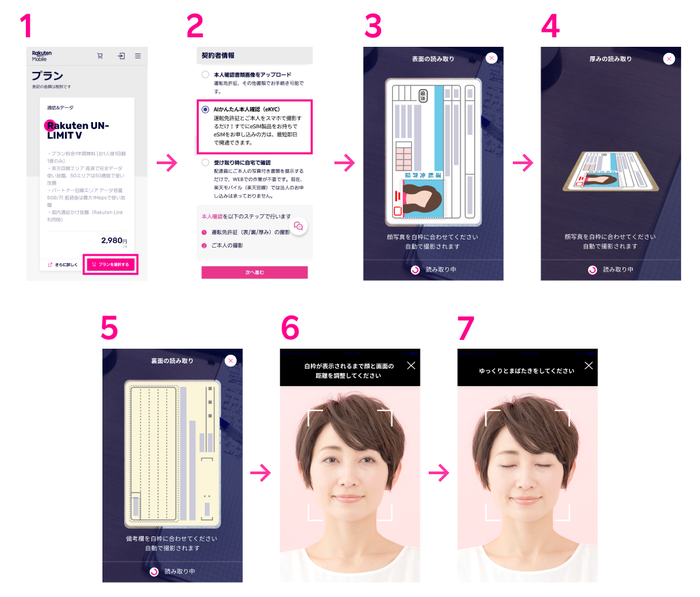Rakuten becomes a member of the O-RAN Alliance, at lastRakuten becomes a member of the O-RAN Alliance, at last
Disruptive MNO Rakuten Mobile announced that it has joined OpenRAN standardisation body, the O-RAN Alliance, and the company’s CTO has been appointed to the board.
November 4, 2020

Disruptive MNO Rakuten Mobile announced that it has joined OpenRAN standardisation body, the O-RAN Alliance, and the company’s CTO has been appointed to the board.
If there could be any surprise at the news that Rakuten Mobile, the poster boy of OpenRAN, has joined O-RAN Alliance, it would be why it has taken it so long to do so. But finally, the company announced today that it has joined two dozen other telecom operators (and 200 or so vendors) to be onboard the standardisation body. Meanwhile, Rakuten Mobile’s CTO Tareq Amin has also been given a seat on the 15-member Board of Directors.
“At Rakuten Mobile, we believe that OpenRAN is the future evolution of mobile networks,” said Amin in a statement. “As a member of the O-RAN Alliance, we will leverage the experience gained from the development of our open, virtualized network in Japan to contribute to the creation of a fully open standard for RAN for the world.”
O-RAN Alliance was founded by AT&T, China Mobile, Deutsche Telekom, NTT Docomo, and Orange in February 2018. Its structure has soon evolved into that of a typical standardisation organisation: led by telcos (“members”) and supported by vendors and academic and research institutions (“contributors”). So far, most of the world’s tier-1 and a few tier-2 telcos are already members, while most of the vendors involved in the communications industry are contributors. The biggest absence from the vendor community is Huawei.
Rakuten Mobile also announced today that it is going to digitalise the account opening process using facial recognition technology. Called “AI Kantan Honnin Kakunin” (AI Easy ID Verification) eKYC (electronic Know Your Customer), using technology from NEC, the new service enables customers applying to open a Rakuten account to verify themselves by taking a picture of their driving licence as well as of themselves. It is a seven-step process using the My Rakuten Mobile app. In the future the app will also include a function to read IC chips on the customers’ My Number cards (which contain their social security number and other essential information).

The new service will be available on Android phones from next week and will come to iPhones at the end of the month. If the customer has an eSIM-compatible device, the account will be activated “soon after they complete their application” without having to wait for the SIM card to arrive in the post.
The new service will quicken the process of account opening at Rakuten. Becoming “the first mobile network operator (MNO) in Japan to provide an eKYC system for mobile carrier service contracts”, it will give the new kid on the block a customer experience advantage over its incumbent competitors. The current practice at Rakuten, as with other telcos in the country, requires customers to either upload different documents for verification before a product is delivered, or the customers need to physically show the documents required when receiving the products.
Despite that Japan is a leader in many ICT technologies, in certain quarters it is still a rather analogue society, leading The Economist to comment that one of the priorities of Suga Yoshihide, the new prime minister, is to continue “digitising Japan’s economy”.
Rakuten will also do away with contract sign-up and mobile number portability (MNP) transfer fees, effective today.
About the Author
You May Also Like










.png?width=300&auto=webp&quality=80&disable=upscale)


_1.jpg?width=300&auto=webp&quality=80&disable=upscale)